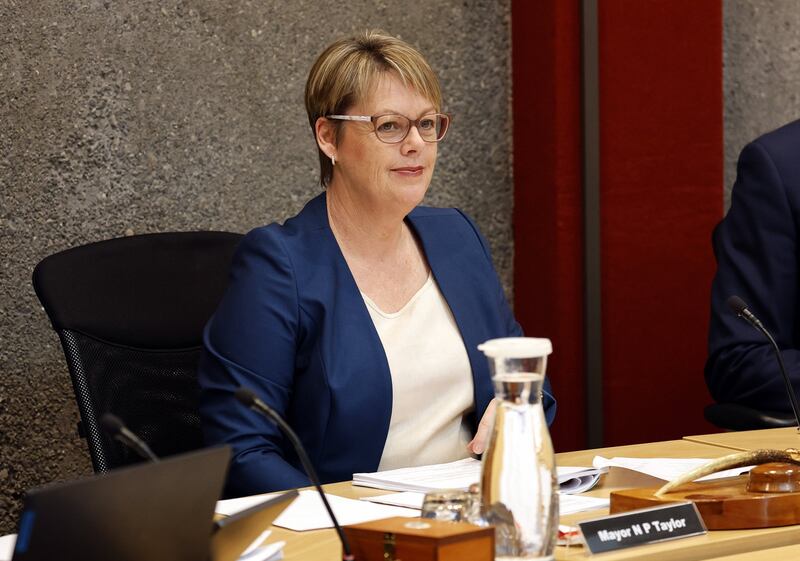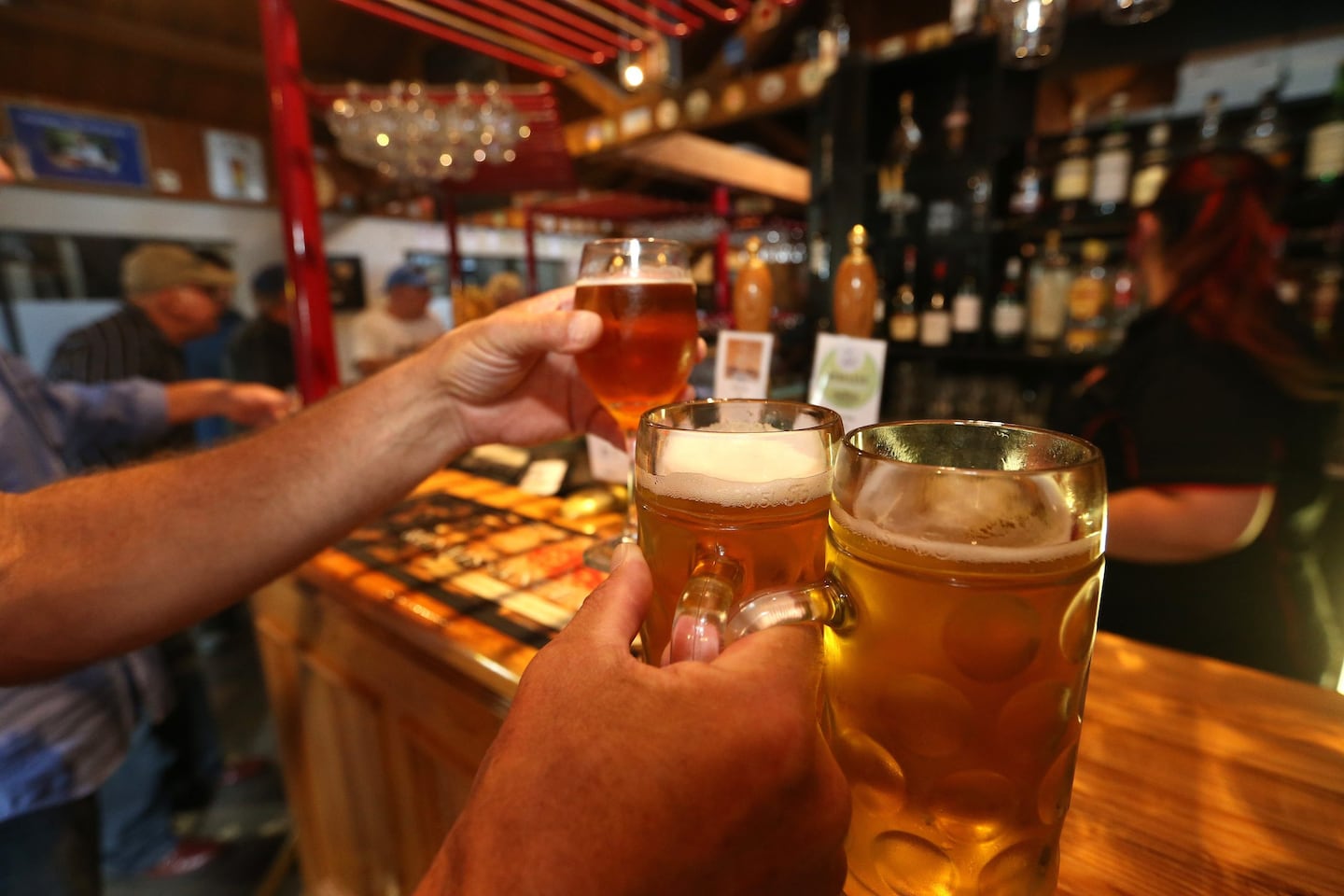More than a decade after drafting a local alcohol policy, Marlborough’s council has agreed to have another crack at the rules around booze sales.
The Marlborough District Council will work with groups such as the police and healthcare sector, as well as the community, to come up with rules for the sale of alcohol in the region.
The council first began drafting a local alcohol policy (LAP) in 2013, but in 2014, the Alcohol Regulatory and Licensing Authority recommended councils halt their development - because some were being appealed by “large players”.
At an environment and planning meeting on Thursday, the council’s environmental health officer Karen Winter told councillors that recent changes to the Sale and Supply of Alcohol Act removed the ability for an LAP to be appealed.
“If we go through special consultative procedure in the right way, there is no appeal option now for some of those large players to basically tie us up in legal costs.”
A local alcohol policy applied to on-licence premises, where alcohol was consumed on-site, as well as off licences, where alcohol was sold for consumption elsewhere, such as a liquor store.
It could include rules on location, such as restricting bottle stores from opening near schools and churches, or opening in high deprivation areas.
A sinking lid policy could be introduced, as it was last year for gambling machines in Marlborough, so that no new alcohol licences could be granted. The council could also put a cap on the number of licences it allowed.
Discretionary conditions and one-way door restrictions could also be applied.
Winter made it clear that no set rule for the policy had been decided yet, and expected a draft policy would be drawn up before the end of the year.
“We think it might be time to revisit whether this council would like an LAP,” Winter said.
“We believe it is beneficial to both licensees and regulatory enforcement agencies because it just provides a good background and consistency and knowledge out there for what the community and regulatory partners expect for licences and licensees.
“It’s an opportunity for our local community to have a say in how they want to see alcohol sales and consumption in the community.”
Marlborough’s 2014 draft policy proposed that off-licence premises, including supermarkets and bottle stores, would stop selling alcohol at 9pm instead of 11pm. Licensed premises, including bars and restaurants, were proposed to close at 2am instead of 3am.
That policy was paused before it made it to public consultation.
Marlborough police area commander Inspector Simon Feltham, on behalf of the Marlborough Alcohol Governance Group, submitted to last year’s annual plan requesting that the council start developing an LAP.
Feltham told Local Democracy Reporting at the time that the later at night a licensed premises was open, particularly on the weekends, the higher the risk of harm.
He said the police position had always been that a local alcohol policy would help to maintain and improve community safety, “as well as providing the industry with some certainty about expectations of the community, because a big part of the whole process is that the community gets to have a say”.

Marlborough mayor Nadine Taylor said she supported the recommendation to develop a local alcohol policy.
“I think what brought this clear to my mind was an application for an off licence in Picton, approximately two or three years ago.”
Taylor said the application drew significant interest from the community who had opinions about the proposed site and whether the town needed a second off licence.
“The community had some really strong views on that, and I think that what an LAP allows us to do is to talk to our community, [and] seek their views.”
LDR is local body journalism co-funded by RNZ and NZ On Air.




